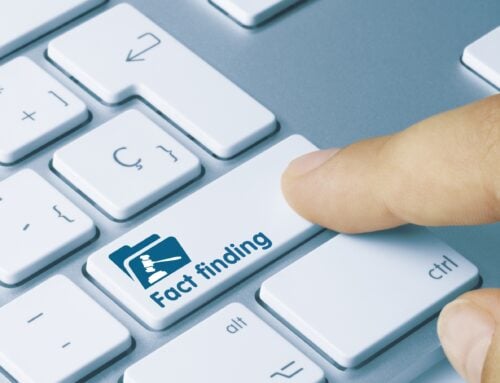 Right now there is a big controversy stewing regarding whether or not authorities have the right to seize computers at the borders of the United States. There is a “border search exception” regarding the seizure of physical objects from travelers and some say it should extend to computers.
Right now there is a big controversy stewing regarding whether or not authorities have the right to seize computers at the borders of the United States. There is a “border search exception” regarding the seizure of physical objects from travelers and some say it should extend to computers.
The final decision on the legality and practice of computer forensic analysis in that situation is still pending. What is not pending is that in order to conduct a computer forensic examination or a cell phone investigation, digital forensics firms or labs must have either the permission of the owner, a court order or subpoena for the device.
That means that you cannot casually pick up someone’s phone, computer or tablet and bring it to a forensic computer investigator to find out what that person knows about you. Every reputable computer forensic specialist will need to have proof that the device is owned by you.
Marriage puts a slightly different spin on the rule
Marital property is slightly different. Not in that the computer forensics investigator has to have authorization to examine the device, but in that both husband and wife are considered owners of the device and only the permission of one is necessary to conduct a computer forensic analysis.
That’s why in divorce and separation situations so many spouses look for – and find – incriminating evidence on computers and cell phones.
Cell phone forensics has an added layer of complexity
Because mobile phone service providers archive records that can be used as evidence, there is an added layer of opportunity in regard to cell phone forensics. Service providers will not release records to anyone who just asks; they require a subpoena from the courts and very specific subpoena language for cell records, which varies from carrier to carrier. Those slight difference in language can be an immense obstacle since carriers only maintain the records for a very short window of time. If the language is incorrect, the subpoena can be denied and have to go back to the courts, losing time – and records.
Yes, cell phone forensic analysis, computer forensics investigation and forensic data recovery are all valuable tools to bring out the truth in a manner that is admissible as evidence in court. But that only happens if the ownership and actual digital forensics protocols are legal. That’s one of the reasons why a call to experts and professionals like is the best, and first, call to make.
-Brenda McGinley, CEO, All in Investigations, All in Investigations




